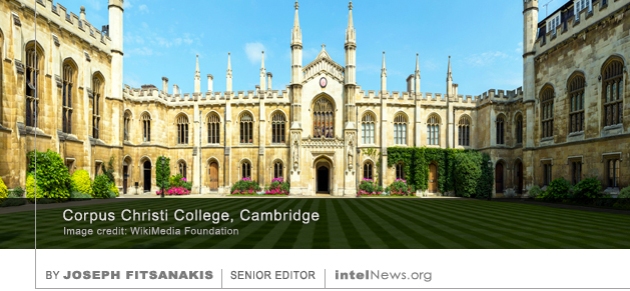
A document that allegedly contains the name of a man who could be connected to one of the most sensational spy rings of the Cold War is to remain secret after a judge rejected a request to have it released. The man is believed by some to have been associated with the so-called ‘Cambridge spy ring’, a group of upper-class British graduates of Cambridge University, who spied for the USSR from the 1930s until the 1960s. Among them was Guy Burgess, Donald Maclean and H.A.R. “Kim” Philby, all of whom eventually defected to the Soviet Union. In 1979, it was revealed that Anthony Blunt, an art history professor who in 1945 became Surveyor of the King’s Pictures and was knighted in 1954, was also a member of the group. A fifth member, career civil servant and former intelligence officer John Cairncross, was publicly outed as a Soviet in 1990, shortly before his death.
Over the years, more individuals have
been suggested by historians as potential members of the group,
including intelligence officers Leo Long and Guy Liddell, academics
Ludwig Wittgenstein and Andrew Gow, and physicist Wilfrid Mann. But according to British newspaper The Daily Mail,
another individual may be identified in a classified document as a
possible member of the Cambridge spy ring. The document was allegedly
traced by Andrew Lownie, who authored the recently published Stalin’s Englishman: The Lives of Guy Burgess.
Lownie filed a Freedom of Information request to have the document,
which is held at the National Archives in London, released. But the
request was denied, and a judge has now upheld the decision.
In denying the request, the judge argued
that the man named in the document is still alive and that a possible
release of the document could “jeopardize […] personal relationships”.
He also contended that the case is too old to warrant immediate public
interest, and thus there was “no pressing need” to declassify the file. The Mail
speculates that the individual named in the document could have
cooperated with the British government in the past in return for
protection, or that the file in question may contain details that could
embarrass the British government.

No comments:
Post a Comment